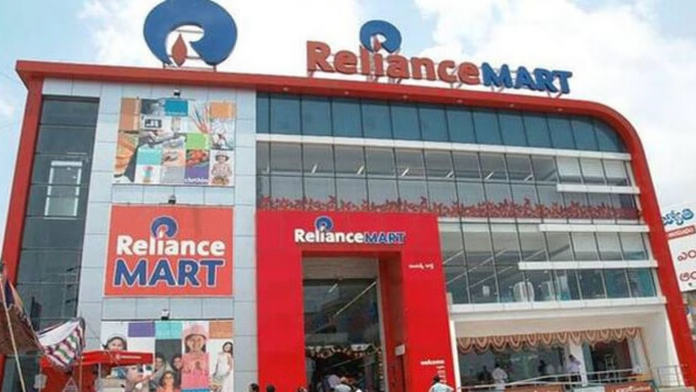Reliance could be the bigger threat to direct-to-consumer (D2C) FMCG brands planning to sell their products through traditional trade, according to research firm Kantar. Established companies such as Hindustan Unilever, ITC, and Procter & Gamble may not be as big a threat to these brands as Reliance Consumer Products, a subsidiary of Reliance Retail. The firm has been acquiring consumer brands and entering various categories on its own, increasing competition in the FMCG market.
Reliance’s expanding presence in the fast-moving consumer goods (FMCG) industry and ownership of the largest supermarket chain in India could pose a threat to smaller online-only direct-to-consumer (D2C) brands, according to research firm Kantar. Despite the potential revenue growth of D2C brands from $4 billion to $10 billion by 2025, the increasing acquisition of consumer brands by Reliance Consumer Products or the company’s entry into several categories could overshadow smaller D2C brands’ sales through traditional trade.
Soumya Mohanty, Managing Director, South Asia for Insights Division at Kantar, said, “Reliance can be a huge disruption given the kind of play they want in multiple categories. And in that kind of environment, it is not really the best of times for D2C brands entering offline.”
D2C brands primarily generate their revenue or customer acquisition through direct-to-consumer online channels or have an online-first distribution strategy before expanding to offline channels. Over the past few years, established D2C brands like Mama Earth and Sugar Cosmetics have been retailing their products in their own stores and supermarkets.
“There is a large FMCG market and the per-capita consumption in many categories is low. But the job to increase penetration is for larger companies and when D2C targets their consumers offline, they will face a bigger challenge,” added Mohanty.
With a network of 17,225 stores across the country and the JioMart app for online retail, Reliance has a strong consumer reach. While other fast moving consumer goods firms offer their products through supermarkets and online platforms in return for certain margin payments, Reliance has the ability to sustain price wars and capture markets by eliminating middleman margins with its direct-to-consumer approach.




